Present in France during Utopiales festival in Nantes, and for french publication of her novel Unity published by Albin Michel Imaginaire, Elly Bangs took some time to exchange with me about her and her booK
A good opportunity to discuss with me around her journey and her story.
You can find french vrsion HERE.
Hello Elly, Unity is your first book.
Yeah, it’s my first published book.
Could you introduce you?
Hi, I’m Elly Bangs. I’m the author of the novel Unity and I’m really honored to be here for this festival. This is amazing.
Unity is your first novel, and in the same time you are translated into French. You make the festival in France too. What does it mean for you?
Oh, this is a great honor for me and a really big deal. I feel like this is the closest to making it big that I’ve had so far. I’ve really been enjoying it.
And your novel has been classified in post apo, in Cyberpunk and this kind of stuff, what it is and does it make any sense to classify it?
I think I reach for those classifiers just because they help people figure out what books they’ll like. I think genres are mostly for marketing. I don’t know that any of my favorite books really fit perfectly into any genre, but I do think Unity is definitely cyberpunk and post-apocalyptic, and it certainly inspired and pays a lot of homage to other novels in those genres that I’ve read and really loved over the years.
In Unity, the nuclear war has been triggered. Everyone is under the sea, in some close places. And when we start the story, we are still in cold War. We know that it will be war in few weeks / months. we don’t succeed even after a nuclear war, to stop being against each other.
I have a lot of thoughts about that. I grew up at the very end of the Cold War in our world. And I feel like I was actually really affected by that, and I learned a lot from that and have continued to know that there’s still a lot of danger of global thermonuclear war even now, while most people I know and talk to have stopped thinking about it, and they’ve just kind of set it aside. But I think the fact that the United States and Russia came so close to massive doomsday war so many times over the course of so many years tells us something about the human condition now, and what it means to be alive at a time when we have these technologies. There’s really an urgency in figuring out what to do about that, and how to kind of change the way we run as a species in order to make sure that we can survive things of that sort. So that was something that I really wanted to touch on in this book, if I could.
Does your book take for you another sense in our actual international situation, including war between Russia and Ukraine?
Certainly what is happening is very frightening now, but I don’t know that it changes things really substantially. Even when things are nominally at peace, there are still loads of weapons on alert or nearly so all the time, so the danger of nuclear war never really goes away as long as the missiles are ready to fire. I never stopped thinking about it. But I have seen it entering people’s minds again in the last couple of years, and I’m actually a little hopeful that will create more awareness that we can use to make change. But yeah, it’s also really scary.
About the story in itself, we meet Danai that want to run away from the place and expect to join a new place that we are not aware where at the beginning. Is this a reference to your own runaway from New Age cult?
Weirdly, I actually had a fine time in the New Age cult. I was in it at a young age, and then my family left before it went bad. So that was a really interesting way to grow up, but it was not actually very negative for me. But I think that the theme of running away from a place where you’re trapped and trying to get back to home is a very universal theme that a lot of people can relate to in different ways. And certainly, I’ve felt that way in other ways, in other contexts.
Danai has a specific power. I don’t know how to explain it and how you explain this particularity this Unity, how do you explain it?
I would say it’s a little hard to explain succinctly, but the main character is part of a collective consciousness, or in a way she is a collective consciousness unto herself. Even though she doesn’t have other bodies at the beginning to share her mind with, she still has the memories and experiences and skills of hundreds of different people who all put their minds together to form one, which gives her a lot of skills and experience and knowledge that she can use in a lot of different ways. But then she also still has the power to use a kind of telepathy with people around her and share their memories.
Finally, weaknesses of each of the spirits disappear in the global consciousness, is it a way to say that together we’ll succeed?
I believe that. I believe that we can. I certainly think that when people work together and find commonalities and ways to communicate, they always create something much bigger and more powerful than any of themselves alone could have. I think you see that on display in everything human beings do — that we become immensely powerful, almost godlike, when we’re all together. I mean, that’s how we got into the problem of nuclear war in the first place, for instance. And I definitely think that by forming different kinds of unity, we can solve the problems we’ve created too. And I think that’s something I find really beautiful in humanity, our ability to do that.
And we have two strong love story that is along the text and, without any spoiler, we see that the unity with the partner is not a good idea, at least for Danae, since the beginning, we must keep some secret garden?
I could see that. I don’t think that was something I was exactly trying to say with that character. But something that I try to explore in this concept of this unity is that it’s actually important to spend time apart from it and gain new experiences. And then you learn, and you have things that you can bring back when you do meet up with people and then unify with them again. And there are unrelated reasons why unity between Danae and her love interest is not a good idea for them, or is not something that she can do. But yeah, there’s definitely an interplay always between unity and individuality, and growth in your own right versus growth of the whole group.
Danae is not the only character that makes sense for me, the character Alexeï, the mercenary, was a very strong character for me. It’s quite strange to have a mercenary that don’t want to kill anyone. What is his story? Where do we find this character?
I started writing this book a really long time ago, when I was 17 or 18 years old. I remember is playing first-person shooter video games, and finding it really jarring the amount of violence that is often expected: that it was actually really strange that we have stories that we tell in that medium where your main character just kills thousands and thousands of people very skillfully over the course of the game, and it’s completely normalized, and they don’t suffer any ill effects from that. Honestly, it just made me really hungry for a character who is really great at his job of killing people and has succeeded at it wildly for a long time, but is actually as destroyed by it as a real human being would be. Maybe that’s kind of a silly origin story for that inspiration.
About the act of writing, you took 20 years, does it mean that we will have to wait 20 years for the next one?
That’s certainly not my plan. It’s interesting, this was the book that I kind of kept in the background while I was writing other things that I thought I was much more serious about, and then none of those got published. But I kept working on this the whole time and then this became the thing that actually succeeded. The lesson for me there is that the things that you’re doing for fun on the side are actually really worthwhile in ways that you don’t expect. But I’m also definitely writing much faster now, so it will not take me 20 years.
We see that most of the science fiction is about apocalypse and this kind of stuff. Do you think that science fiction must be so dark?
No, I don’t. And I think we’re actually seeing a kind of movement against that now where everyone’s real life is so dark that they’re really ready for something a little bit more lighthearted and uplifting. That’s actually really interesting and exciting, to look for that. When I write dark things, I always try to make it about finding the warm and safe and happy and loving things inside the darkness. That’s the whole point for me. But there are a lot of different ways that we can do that — that we can create things that lift us all up out of the darkness of our actual lives.
I have not discussed about this point, in Unity, it’s technology that will drive to the war. There is a very particular usage of nanotechnology and there are some fear in public with those technologies that you shared…
I don’t know how realistic the nanotechnology that I’ve put in this book is, thankfully. There was something really nice about writing about doomsday technology that’s a bit less realistic than the ones we have. I’m not super worried about nanotechnology at this point, but I do think it’s always the things that we don’t see coming that turn out to be really impactful – and I am sure that nuclear weapons are not the final doomsday technology that people will invent, unfortunately. That’s mainly what I wanted to capture with that.
How do you feel about Utopiales?
I feel incredible to be here with all of these people and to be part of this. I’m just really honored to have been invited, and it’s really an amazing opportunity.
The first book signing that I’ve ever done was for this book in that bookstore just yesterday, because when this launched, it was the early middle of the pandemic in the United States, and there were no in person events. It feels really exciting to get to do a proper book launch here.
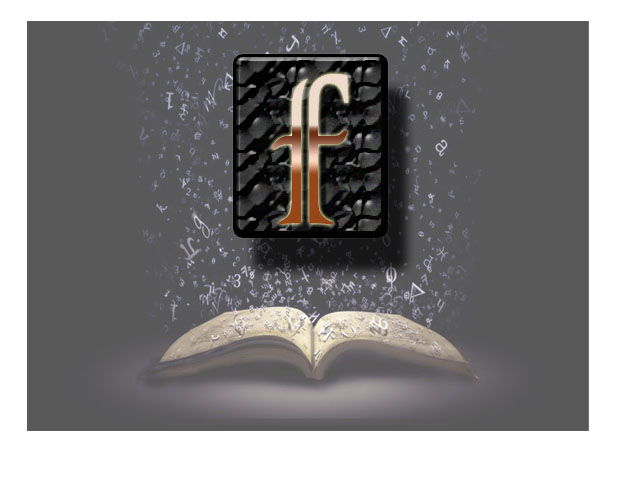
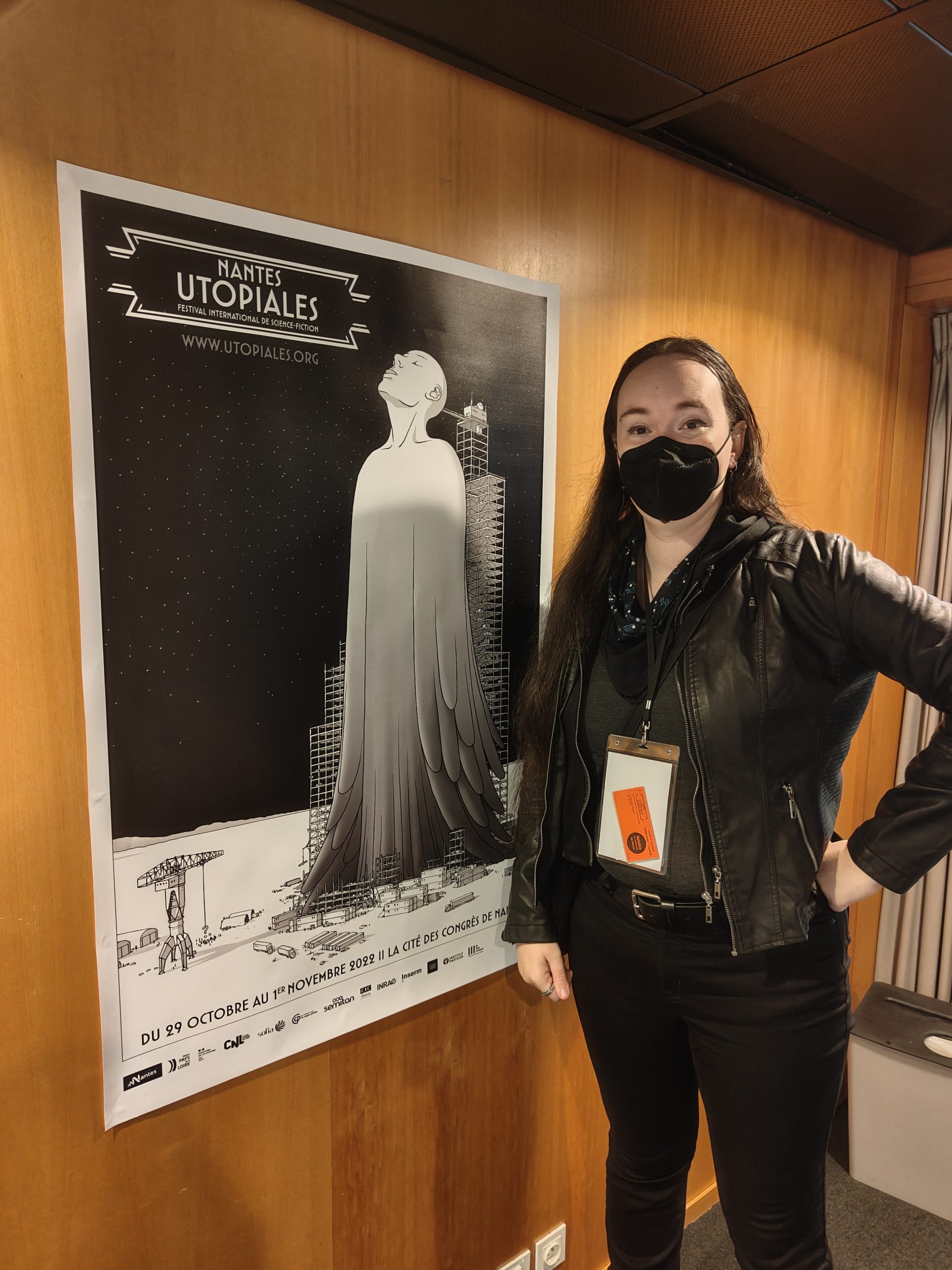
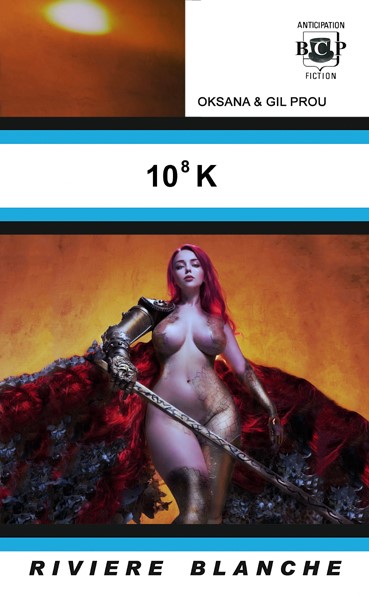
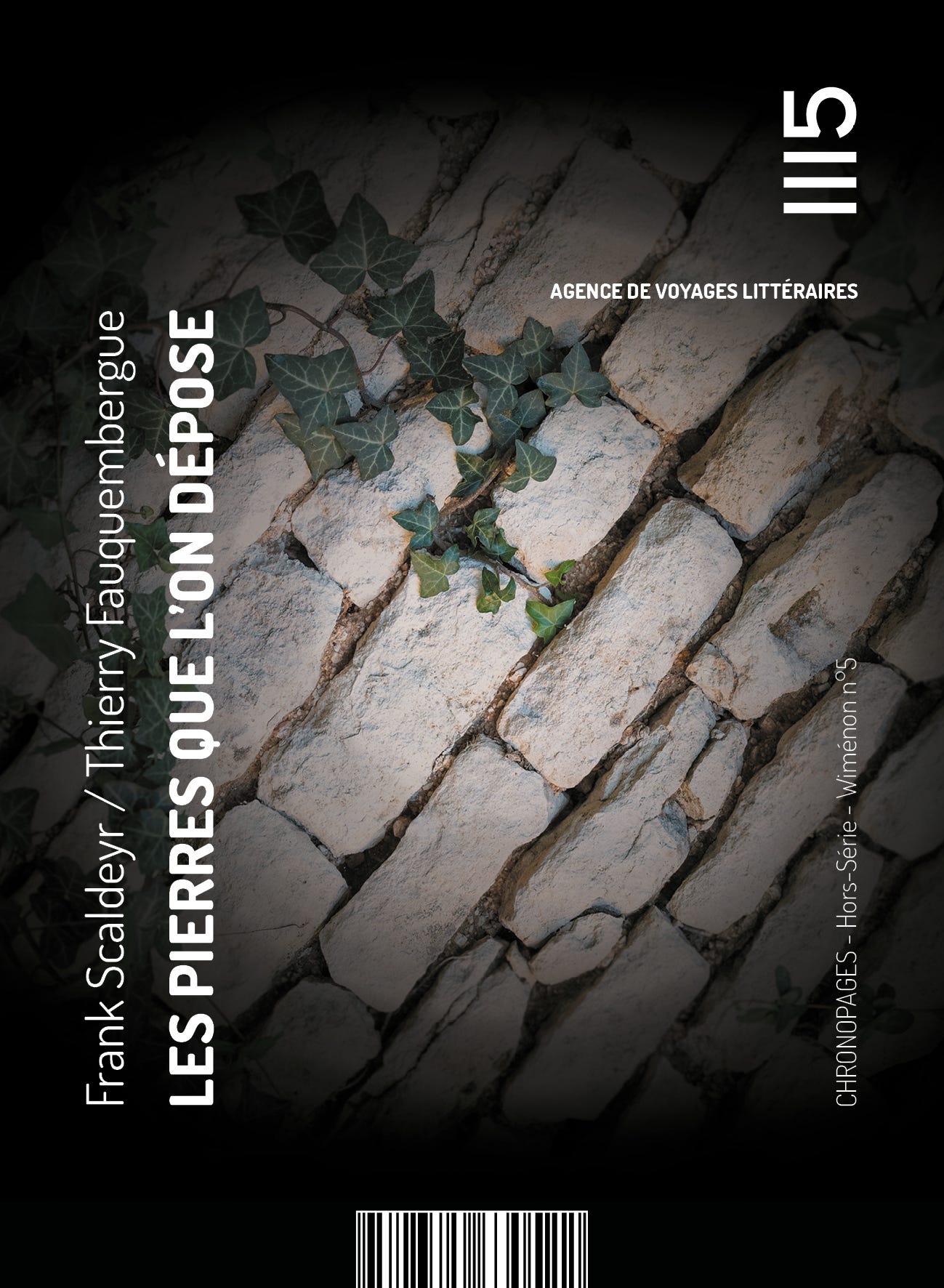
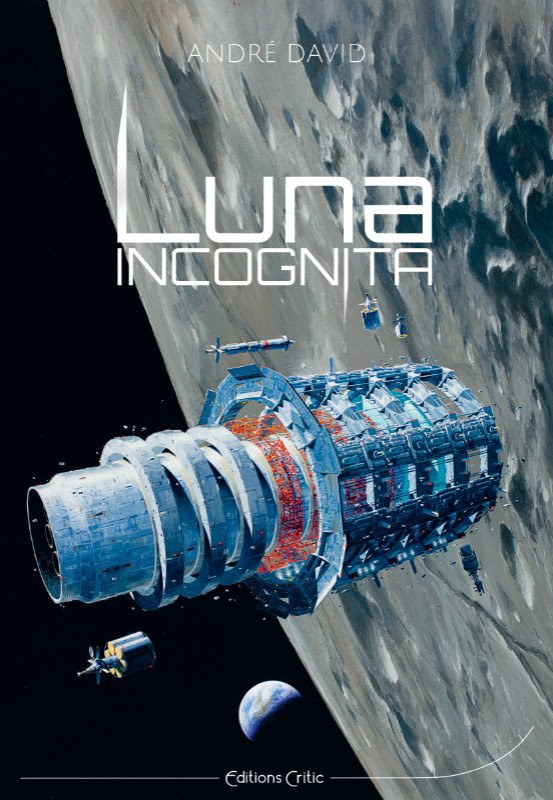
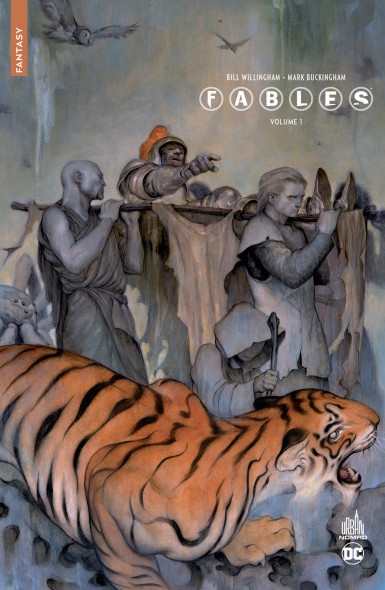
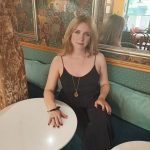

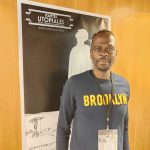


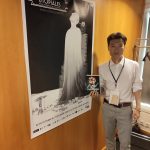
Laisser un commentaire